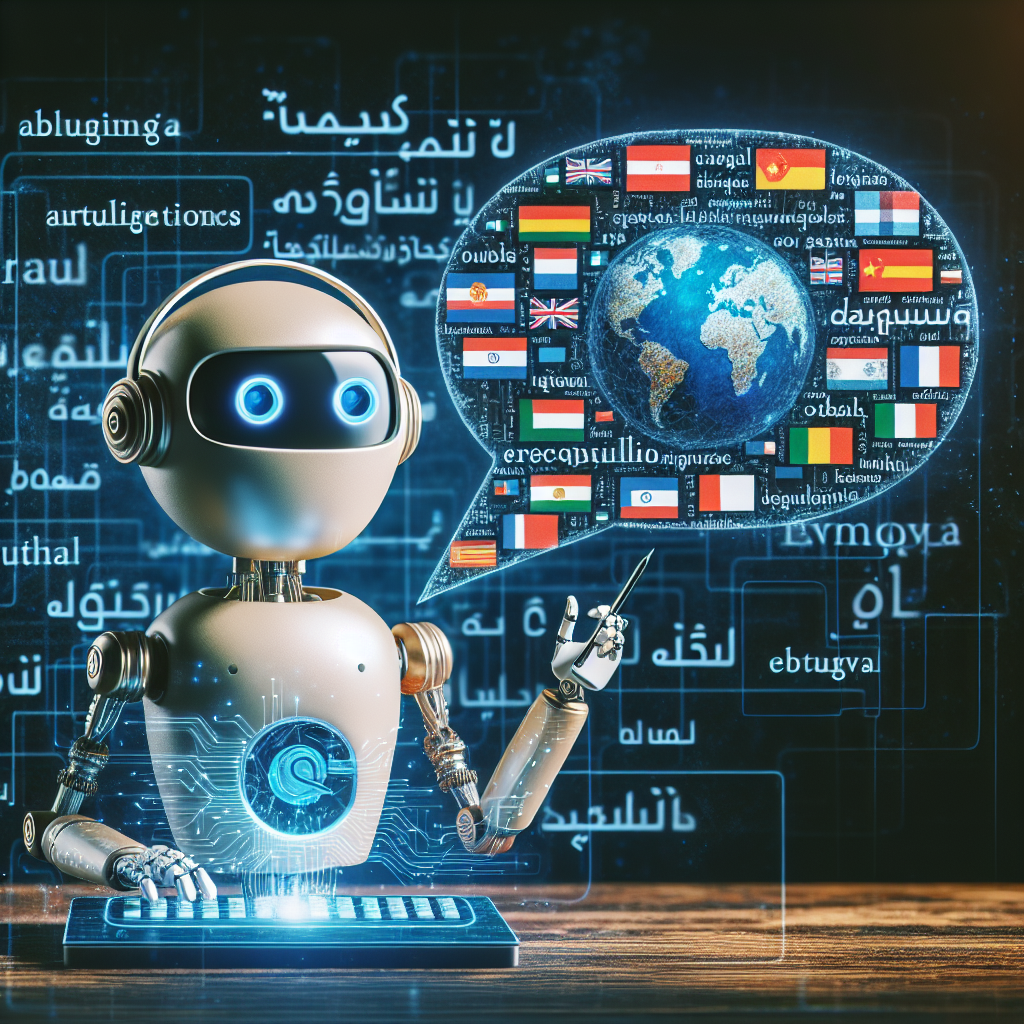The Role of AI in Natural Language Processing
Natural Language Processing (NLP) is a field of artificial intelligence (AI) that focuses on the interaction between humans and computers using natural language. NLP allows computers to understand, interpret, and generate human language in a way that is valuable and meaningful. AI plays a crucial role in NLP by enabling machines to process and analyze large amounts of text data, understand human language patterns, and generate human-like responses.
AI technologies such as machine learning, deep learning, and neural networks are key components of NLP systems. These technologies enable machines to learn and improve their language processing capabilities over time. By leveraging AI, NLP systems can perform a wide range of tasks, including language translation, sentiment analysis, text summarization, and speech recognition.
One of the main challenges in NLP is the ambiguity and complexity of human language. Natural language is rich in nuances, idioms, cultural references, and context-dependent meanings, making it difficult for machines to accurately interpret and generate text. AI helps address these challenges by enabling machines to learn from data, identify patterns, and make intelligent decisions based on context.
AI-powered NLP systems have a wide range of applications across various industries, including healthcare, finance, customer service, and marketing. In healthcare, NLP is used to analyze medical records, extract relevant information, and assist in clinical decision-making. In finance, NLP is used to analyze market sentiment, detect fraud, and automate customer interactions. In customer service, NLP is used to automate responses to customer inquiries, improve chatbot interactions, and analyze customer feedback.
FAQs:
Q: What is the difference between NLP and AI?
A: NLP is a subfield of AI that focuses on the interaction between humans and computers using natural language. AI is a broader field that encompasses various technologies and techniques for mimicking human intelligence, including NLP.
Q: How does AI improve NLP systems?
A: AI technologies such as machine learning, deep learning, and neural networks enable machines to learn from data, identify patterns, and make intelligent decisions based on context. This improves the accuracy and performance of NLP systems.
Q: What are some common applications of AI-powered NLP?
A: AI-powered NLP systems have applications in healthcare (medical record analysis, clinical decision-making), finance (market sentiment analysis, fraud detection), customer service (chatbot interactions, customer feedback analysis), and marketing (sentiment analysis, content generation).
Q: What are the challenges of using AI in NLP?
A: Some of the challenges of using AI in NLP include the ambiguity and complexity of human language, the need for large amounts of training data, and the potential for bias in machine learning algorithms.
In conclusion, AI plays a crucial role in NLP by enabling machines to understand, interpret, and generate human language in a way that is valuable and meaningful. AI technologies such as machine learning, deep learning, and neural networks are key components of NLP systems, enabling machines to learn and improve their language processing capabilities over time. AI-powered NLP systems have a wide range of applications across various industries, including healthcare, finance, customer service, and marketing. Despite the challenges of using AI in NLP, the continued advancements in AI technologies are expected to further improve the accuracy and performance of NLP systems in the future.

